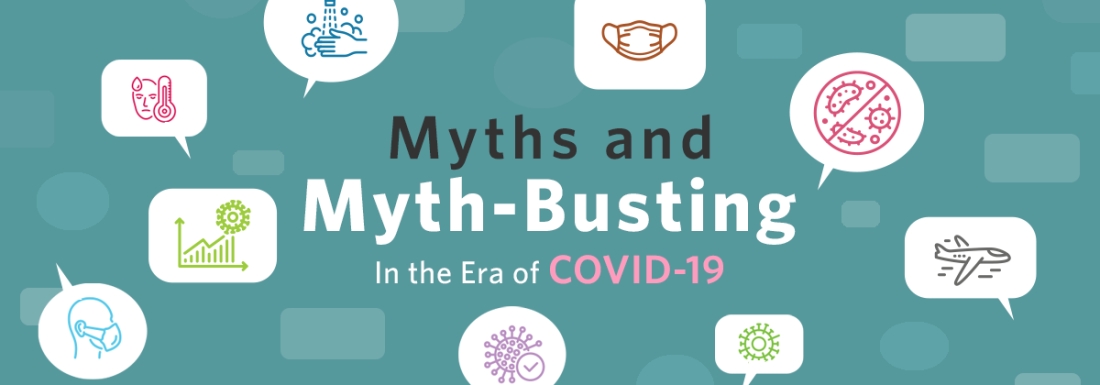Yes, masks are effective in protecting both yourself and others from the spread of COVID-19. No, those who wear them aren’t risking oxygen deficiency or carbon dioxide intoxication.
Yes, doctors insist, you’ll be able to trust a vaccine once it has been developed, properly tested, and cleared for distribution and use. No, colloidal silver and other supplements aren’t effective as treatments for the virus. Hand dryers don’t kill it. Garlic, hot peppers, and alcohol don’t prevent it.
Pets? Mosquitoes? There’s no evidence they transmit it.
In navigating the worst global health crisis in more than a century, an anxious public – in Kansas City and beyond– has had to sort through an array of claims and concerns that aren’t always rooted in reality. Mark Steele, M.D., and Paramdeep Baweja, M.D.,of Truman Medical Centers / University Health separate fact from fiction in examining a number of widespread assertions about the coronavirus and how to prevent and treat it. Some myths are rooted in hope, some in misunderstanding, some in misdirection.
Steele oversees all clinical hospital functions as executive chief clinical officer of Truman Med /University Health. His specialty is emergency medicine. Baweja is a cardiology specialist. Steven Woolfolk, the Library’s director of programming and marketing, moderates the discussion.
